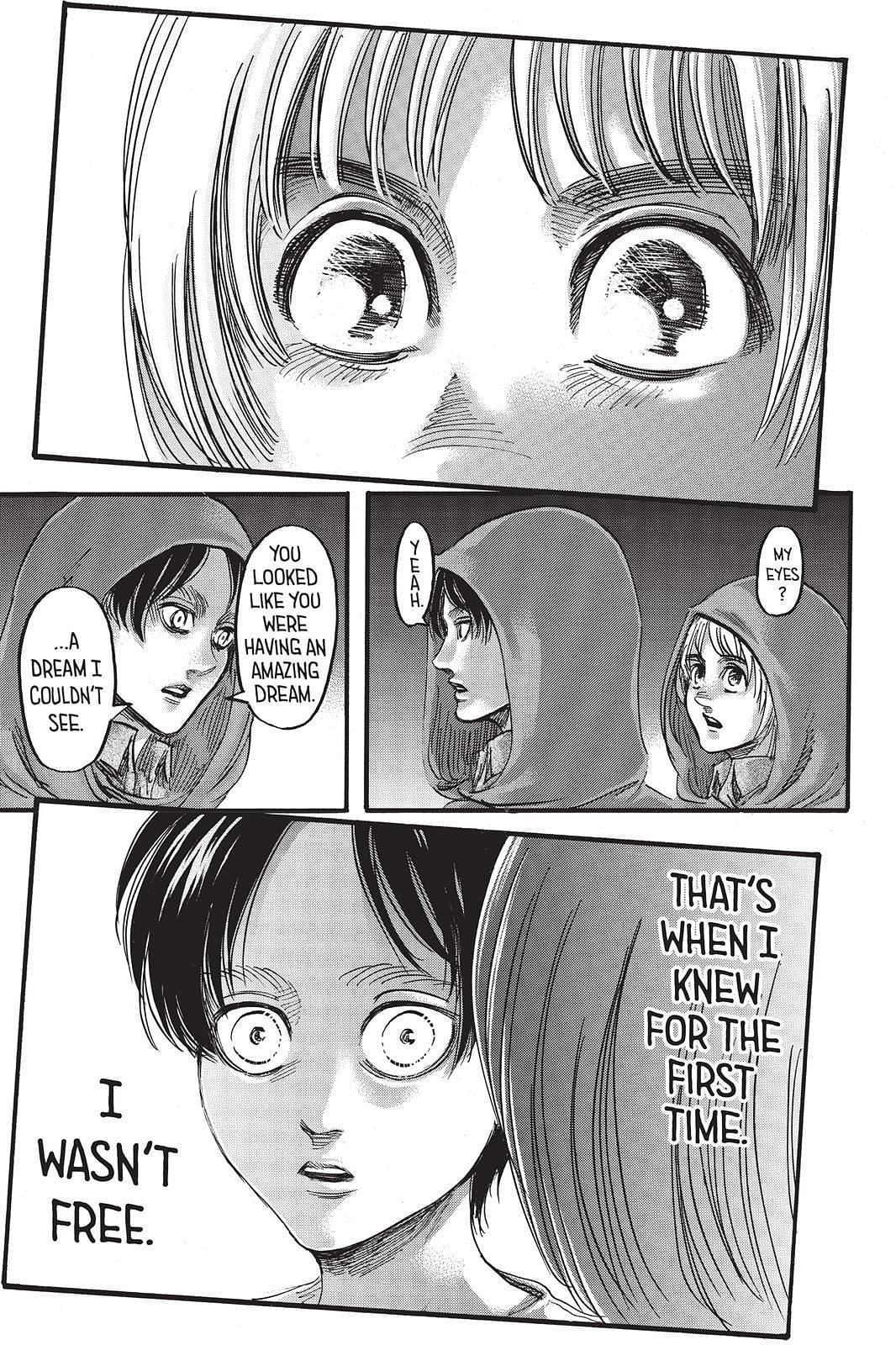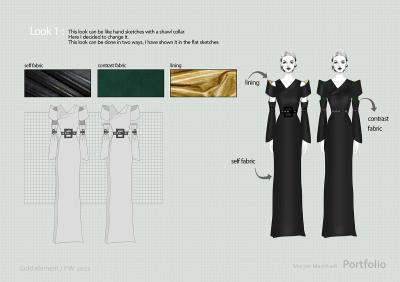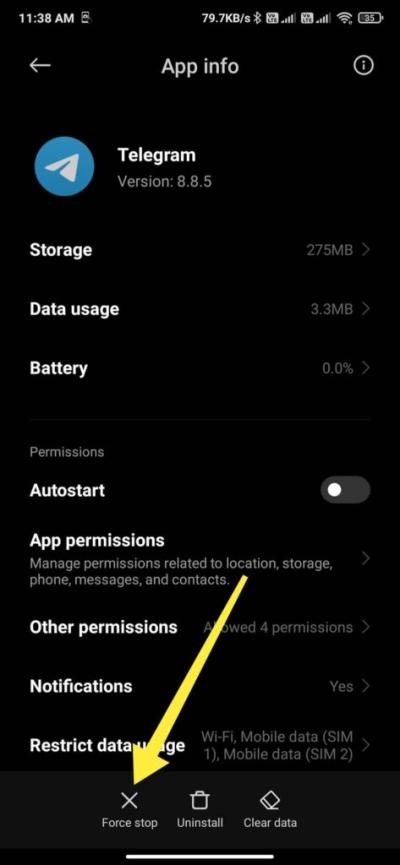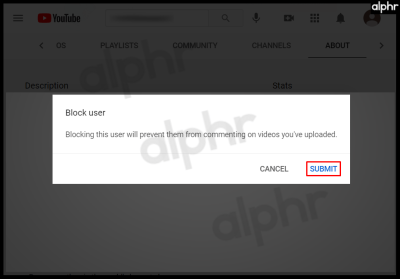In the world of Attack on Titan, the term "Rumbling" evokes a mix of awe and dread. This catastrophic event isn't just a plot device; it embodies the heart of the series' themes of desperation, freedom, and survival. As one of the most significant turning points in the narrative, the Rumbling is a bold declaration that shakes the very foundations of morality and humanity. But what drives Eren Yeager to unleash such destruction? Let's dive in and explore the background and motivations behind this monumental choice.
Background on Eren Yeager's Character Development

Eren Yeager's journey is one of the most compelling aspects of Attack on Titan. Starting as a passionate and somewhat naive young boy, Eren is heavily influenced by his experiences and the world around him. To understand his motivations, we need to look back at key moments in his development.
Initially, Eren embodies the spirit of rebellion. After witnessing the horrific death of his mother at the hands of Titans, he swears vengeance, determined to eradicate them at all costs. This ambition drives him to enlist in the military, where he quickly proves his bravery and determination. However, as the story unfolds, Eren's character begins to evolve dramatically.
Eren's ability to transform into a Titan introduces a layer of complexity to his identity. This power initially serves as a beacon of hope for humanity, setting him apart and making him a symbol of potential victory against their monstrous foes. Yet, with great power comes overwhelming pressure. Eren grapples with the expectations placed upon him, leading to a gradual shift in his worldview.
As Eren uncovers truths about the Titans, his understanding of freedom and what it means to be human shifts. The revelations about the history of the Eldians and Marleyans challenge his black-and-white perspective on morality. Throughout the series, we see Eren transform from a mere soldier to a young man burdened with the weight of the world. This internal conflict reaches a boiling point as he realizes that the cycle of hate and violence will not end unless drastic measures are taken.
By the time we get to the Rumbling, Eren’s motivations are laced with trauma, disillusionment, and a desire for liberation—not just for the Eldians, but potentially for all of humanity. He believes that unleashing the Rumbling, with its potential for destruction, may be the key to breaking the cycle of oppression. The stakes are high, and Eren’s willingness to embrace such a dark path signifies a profound change in his character.
Ultimately, Eren Yeager's evolution from an idealistic youth to a complex anti-hero is crucial to understanding his motivation. The Rumbling serves not only as a climactic event but also as the culmination of a character arc that raises questions about freedom, sacrifice, and the moral costs of one’s choices.
Also Read This: How to Unlock All Might in My Hero Ultra Rumble? Character Unlock Guide
3. The Key Events Leading to the Rumbling

Eren Yeager's journey towards initiating the Rumbling is a complex tapestry woven with significant events, personal losses, and profound realizations. To understand his motivations, let’s take a closer look at some pivotal moments that shaped his mindset.
- The Discovery of His Titan Powers: Early on, Eren learns he possesses the power of the Attack Titan. This ability becomes a catalyst for his transformation from a boy seeking freedom into a figure embodying that freedom in a more destructive sense.
- The Fall of Shiganshina: Witnessing the brutal loss of his friends and family during the Titans’ assault deeply traumatizes Eren. The devastation of his hometown acts as a turning point, igniting fierce rage against those who threaten humanity.
- Revelations from Grisha Yeager: Eren inherits the memories of his father, Grisha, which reveals the harrowing truth about the world outside the walls. The history of Eldians and the ongoing conflict shapes Eren's understanding that the cycle of hatred is pervasive.
- The Attack on Marley: This moment marks Eren's significant shift. His infiltration into Marley serves as a desperate measure to reclaim freedom for his people, but it also shows him the dire consequences of war. The brutal combat faced reinforces his desperate need to break free from repeated cycles of suffering.
- Confrontations with Friends: As Eren's decisions become increasingly drastic, his confrontations with former allies like Mikasa and Armin reveal the emotional rift between his friends and himself. Their struggle to understand Eren's methods adds to the gravity of his resolve.
All these events lead Eren to one grim conclusion: the only way to ensure freedom for his people is through the cataclysmic action of the Rumbling. Each act of violence and betrayal paints his perspective in shades of gray, forcing Eren into a corner where drastic decisions seem inescapable. The emotional weight of loss fuels his desire for a radical solution, making the Rumbling an inevitability in his narrative. Eren evolves from a reactive participant in his world’s horrors to a strategic, albeit tragic orchestrator of its destruction.
Also Read This: How to Add Friends on My Hero Ultra Rumble and Expand Your Team
4. Eren's Ideology and the Justification for His Actions
So, what drives Eren Yeager to command the Rumbling? To grasp his ideology, we must delve into his convictions, shaped by suffering and a profound desire for freedom.
At the heart of Eren's motivations is his perception of freedom as an unyielding right. He believes that true freedom is essential for the Eldians. However, this belief becomes twisted as he equates total destruction with liberation. Eren arrives at the notion that to liberate his people, he must eliminate those who threaten them—even if it means becoming the villain in their story.
- Survival of the Fittest: Influenced by his father's memories and the harsh realities of the world, Eren adopts a stark worldview where only the strongest can survive. This ideology drives him to embrace violence as a necessary evil.
- Cyclical Nature of Hatred: Eren recognizes that hatred begets hatred. He grapples with the idea that the Eldians are perpetually caught in a cycle of persecution. His solution? To take the ultimate offensive, believing that obliterating the enemy is the only way to break this cycle.
- Apathy Towards Innocence: Throughout his progression, Eren becomes increasingly indifferent to the casualties of war. He justifies his actions by convincing himself that the future repercussions justify the present violence. In his eyes, the deaths of many are acceptable in pursuit of the larger goal.
Ultimately, Eren's ideology becomes dangerously singular—a tunnel vision focusing solely on his version of freedom. He operates under the misconception that the end justifies the means, making him a complex and tragic character who sacrifices his humanity for an ideal. It raises a significant question: can one truly achieve freedom through such extreme measures? Eren's journey serves as a cautionary tale of how noble intentions can devolve into catastrophic actions when viewed through the lens of desperation and betrayal.
Also Read This: Can You Buy Rumble Stock? How to Get Involved in the Stock Market for Rumble
5. Impact of the Rumbling on Marley and Eldia
When discussing Eren Yeager's decision to initiate the Rumbling, it's impossible to overlook its profound impact on both Marley and Eldia. This colossal event represents a shift in the balance of power, with consequences that resonate far beyond the immediate destruction.
First, let's talk about Marley. The Rumbling was meant to serve as a devastating reclamation of power by Eldians. Marley, already a militaristic society, found itself on the receiving end of unimaginable horror. The walls came crumbling down, and the mighty Titans lumbered across the land, reducing cities to rubble. The sheer scale of destruction was unparalleled:
- Loss of Life: Millions of innocent Marleian lives were lost, leading to a deep-seated fear and resentment towards Eldians.
- Political Upheaval: The sudden decimation of Marley’s military forces led to chaos within their government, creating power vacuums and uncertainty.
- Fear of Retribution: The survivors began to disseminate a narrative of vengeance against Eldians, perpetuating a cycle of hatred and violence.
Shifting the focus to Eldia, Eren's actions set the stage for a controversial kind of "victory" but not without its costs. While some Eldians saw the Rumbling as necessary for their survival, others were horrified by the reckless destruction. The consequences played out in multiple ways:
- Cultural Resurrection or Cultural Extinction? Eren’s actions revitalized a sense of Eldian identity among some but also led to internal conflicts, with many questioning the morality of genocide.
- Isolation: Eldia became a pariah, further estranging them from the rest of the world. With this new identity came the burden of living with the atrocities committed during the Rumbling.
- Division Among Eldians: The Rumbling polarized the Eldian people, leading to factions advocating for peace and reconciliation while others embraced Eren’s vision of preservation at any cost.
The resulting devastation forced both Marley and Eldia to grapple with their identities and moral standing in a way they never anticipated. The aftermath of the Rumbling wasn't just about survival; it was about questioning what kind of future both nations wanted to build after such a cataclysmic event.
Also Read This: How to Create a Rumble Channel and Start Uploading Your Videos
6. Responses from Other Characters in the Series
Eren Yeager’s decision to initiate the Rumbling was undoubtedly controversial, and the characters of Attack on Titan had an array of responses that added depth and complexity to the narrative. Each reaction was rooted in personal beliefs, experiences, and hopes for the future.
Let’s break down how some key characters responded:
- Mikasa Ackerman: Eren's childhood friend was torn between her love for him and the horror of his actions. Mikasa often oscillated between wanting to support Eren and fearing the woman he is becoming. Her emotional struggle adds a poignant layer, illustrating the conflict between friendship and morality.
- Armin Arlert: As someone who has always sought peace, Armin’s response was filled with despair. He viewed the Rumbling as a perversion of the ideals they once fought for. Armin felt an overwhelming burden of responsibility, believing he was complicit in Eren's drastic actions due to their shared history and friendship.
- Reiner Braun: Having been an enemy to Eren and his friends, Reiner’s perspective is complex. He felt a mix of relief and fear. On one hand, Eren’s actions put him on the defensive but also forced him to confront the reality of his own choices and the cycle of violence they had all perpetuated.
- Levi Ackerman: Levi, the stoic leader and warrior, was deeply troubled by Eren’s path. His response was more action-oriented—fueled by resentment and determination to confront Eren. His character embodies the struggle of loyalty to friends versus the greater good.
These varied responses illustrate the moral ambiguity that surrounds Eren's motivations. It pushes the narrative beyond simple good versus evil, allowing audiences to delve into the grey areas of humanity, choice, and consequence. As each character wrestles with their feelings, it becomes clear that the consequences of the Rumbling extend far beyond Eren’s intentions; they ripple through the hearts and minds of everyone involved.
Also Read This: Are You Ready to Rumble? A Closer Look at This Viral GIF and Its Origins
7. Fan Theories and Interpretations of Eren's Motivation
When it comes to Eren Yeager’s motivations behind starting the Rumbling in Attack on Titan, fans have been dissecting every little detail, creating a buzzing hive of theories and interpretations that add layers to his character. Let's dive into some of the most intriguing fan theories!
1. Freedom versus Predestination
One of the most discussed theories is the dichotomy of freedom versus predestination. Some fans argue that Eren's choice to unleash the Rumbling was his way of claiming freedom, not just for himself but for all Eldians. After being shackled by oppression and constant fear of annihilation, he saw the Rumbling as the ultimate act of liberation. Yet, this raises a question: Was this liberation worth the cost of countless lives? The debate continues!
2. The Burden of Knowledge
Another fascinating angle is the concept of Eren being burdened by knowledge. After gaining access to the memories of previous Titans, including those of his father and the history of Eldians, Eren became acutely aware of the cycles of hatred and violence. Some fans believe that he felt trapped in a predetermined path—feeling that he had little choice but to follow it. His actions could be seen as a desperate attempt to break that cycle, although many would argue that he merely perpetuated it.
3. A Solidarity with the Eldians
In a twist that opens up discussions about morality, some fans interpret Eren's actions as a twisted form of solidarity with his people. By initiating the Rumbling, he ensures that the Eldians, now stripped of their power and agency, face their oppressors head-on. This view posits that Eren was acting out of a desire to bequeath a sense of purpose to a group that has always been relegated to the role of villains in their own story.
4. The Chaos Theory
There’s also the chaos theory—Eren wanted to plunge the world into chaos to shake up the status quo. This theory posits that he believed only through absolute destruction could any real change come. Perhaps he thought that after the dust settled, a new world could emerge from the ashes—one where the cycle of hatred might finally end. It’s a risky gamble, but for Eren, a world that allows Eldians to even exist amidst the chaos might have been worth it.
As these theories swirl, it's clear that Eren Yeager is a complex character whose motivations elicit a range of interpretations. Perhaps one of the most profound aspects of Attack on Titan is its ability to spur such deep discussion about freedom, morality, and the nature of humanity.
8. Conclusion: The Significance of Eren’s Choices in Attack on Titan
As Attack on Titan draws to a close, Eren Yeager’s journey and the choices he made stand at the core of the series' themes. What makes Eren's decisions so impactful is their ripple effect on the world around him. They raise essential questions about morality: Is it ever justified to commit an atrocity for a perceived greater good? Can true freedom exist when it comes at such an enormous cost?
The significance of Eren’s choices can be summarized in a few key points:
- 1. Ethics of Sacrifice: Eren’s decision to start the Rumbling forces viewers to confront uncomfortable truths about sacrifice and the ethical implications of one’s actions. Are some lives worth more than others? Is the security of the few a valid justification for the extermination of the many?
- 2. Complexity of Freedom: Eren's ultimate quest for freedom shows that it's rarely a straightforward path. The dichotomy of oppressor and oppressed becomes blurred, reflecting the real-world complexities of justice and vengeance.
- 3. Cycle of Hatred: Eren's actions highlight how cycles of hatred can perpetuate conflict rather than resolve it. Despite his intentions, the Rumbling results in further suffering, prompting the audience to reflect on how society can break free from such loops.
- 4. Human Nature: Lastly, Eren’s choices underscore the darker aspects of human nature—fear, desperation, and the lengths one might go to protect loved ones. His motivations challenge us to consider how we might act under extreme circumstances.
In conclusion, Eren Yeager is a tragic hero—a character whose ambitions ultimately lead to devastation rather than redemption. His journey in Attack on Titan serves as a powerful narrative about choice, consequence, and the heavy weight of our moral compass in the face of impossible dilemmas. As fans, we are left contemplating the meaning of freedom and what it truly costs.
 admin
admin








